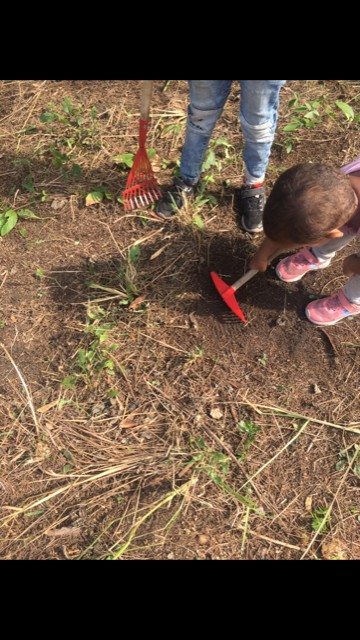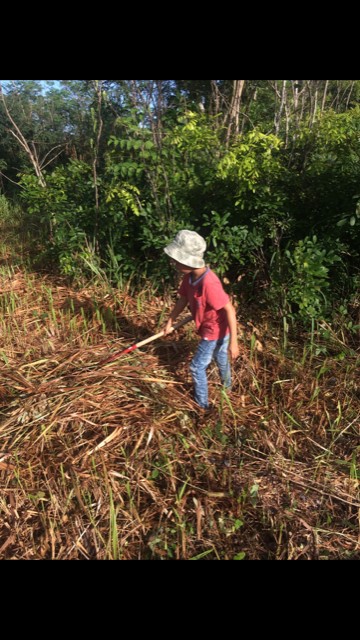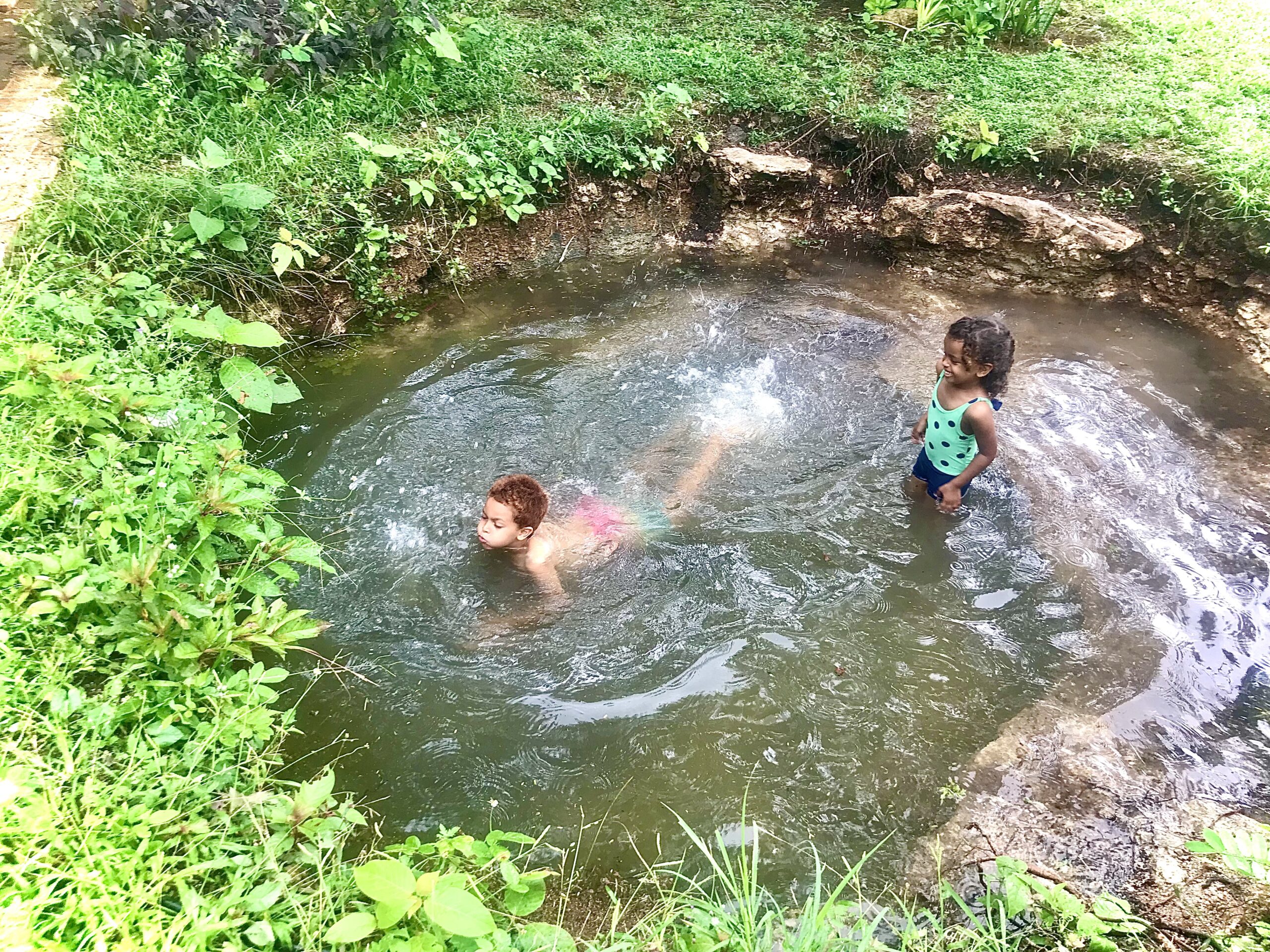When it comes to children the first thing anyone wants to know is how is their school? Although there are a lot of families that unschool, homeschool, lifeschool worldschool and the list goes on, most people are under the impression that in order to get adequate education one has to go to school.
Do your research, the main aim is to find what works for your family and how can you best support your childs growth? Covid and 2020 has thrown a lot of families into homeschooling unexpectedly and this has increased the conversation around the topic of schooling. Whilst this has given some parents who have been thinking about it for a long time but feared taking the leap the confidence to continue, others have had to take stock of their lives and have had to send their children back to school because this is not the right time in their life. There is no right or wrong way around this topic this piece is me sharing some of the thoughts and discussions that have lead to our decision about our children’s education.
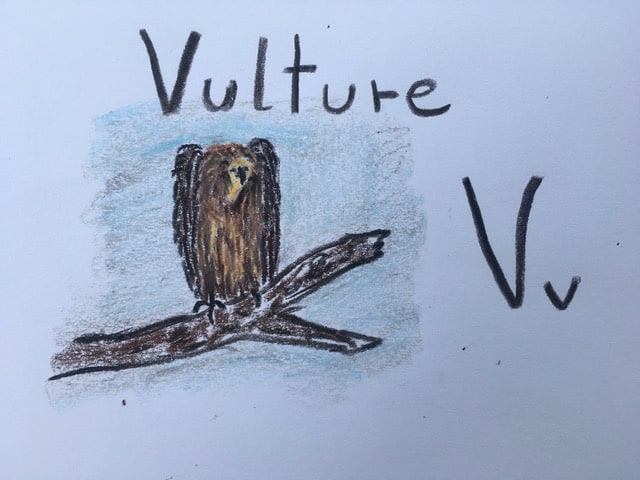
Drawing for each letter of the alphabet 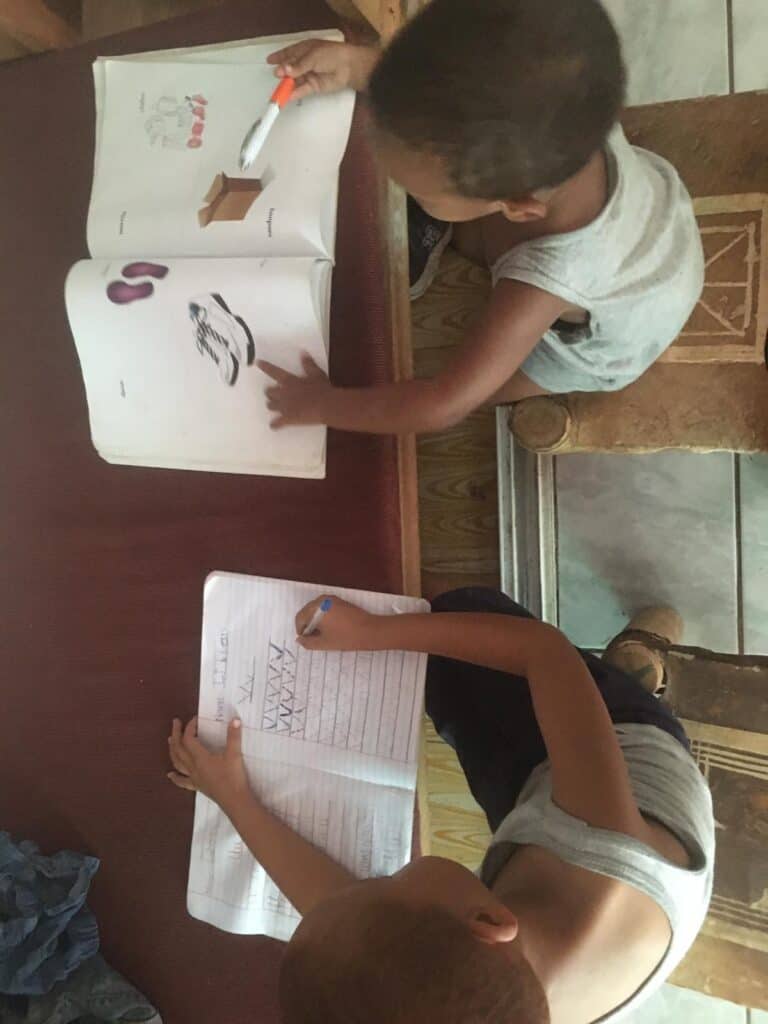
Liban practicing his writing and awralla with her somalia picture book
The concept of school, brick and mortar, as we know it today in the western world has only been around for 150 years or so. The overall aim of school is to create obedient citizens. The structural element of schools all trickle down to what has been memorised to get a diploma/degree and how well you listened and absorbed what instructions you was given to achieve said grade. Did you play ball for 12 years? How much will you need to unlearn once you are an adult?
Although we are all in agreement about the need for children to be educated the difference is that mainstream society equates education to attending school.
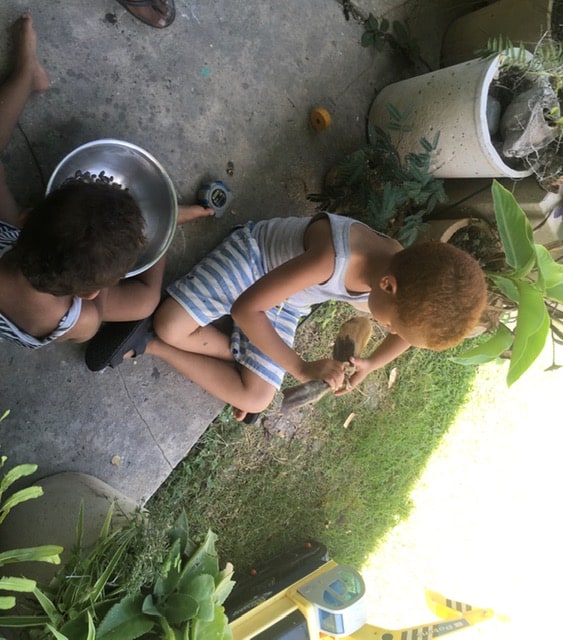
Liban and Awralla helping decanting and taking out loofah from plant. 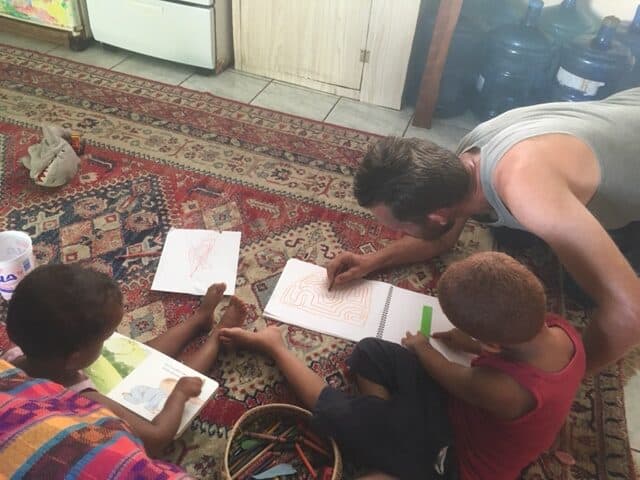
Writing, drawing and reading together
” We might define education broadly as the sum of everything a person learns that enables that person to live a satisfying and meaningful life” Peter Gray, Unschooled. Some would argue that this is what school does for an individual. Finish school, get a job, house etc to go on to live a satisfying and meaningful life. One of the many problems with this argument though is that school is the opposite of individual learning. By the above quotes standpoint however knowledge differs and what one learns culture to culture, person to person is different. Understanding our unique, different personalities and characters as individuals shouldnt what is taught then be personalised? Instead of expecting every child to learn the same curriculum in the same way, only with other children their age in a authoritarian top down model? How does this lead to a meaningful and satisfying life?
The standard education system has little to nothing to do with the individual child, it is structured in a way which the child is to be molded into what society wants in terms of their education and their future occupation. We create a curriculum, a list of things that have been decided are important and its all packaged and all children are expected to deliver in the same way on the same timeline. This is not a sustainable and healthy educational model. Education, like the body, is treated like a machine one size fits all. Learning is for specifically gaining knowledge or skill in a particular field. Should the aim not be more about what makes a person learn & how can we support them in becoming fascinated with learning and gaining knowledge to lead a meaningful life, that they dont have to unlearn from as an adult.
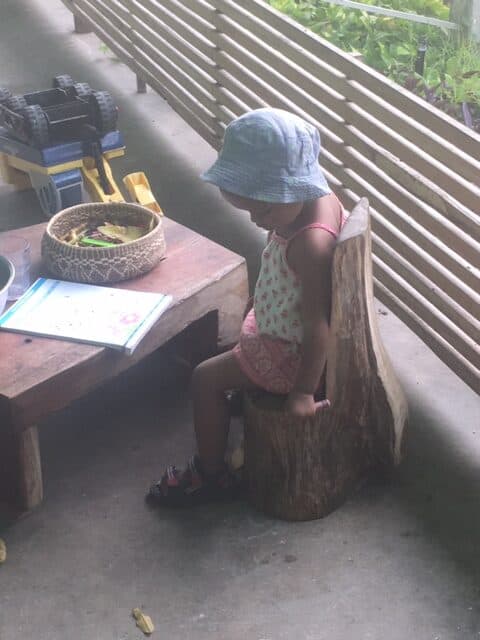
awralla with her colouring books 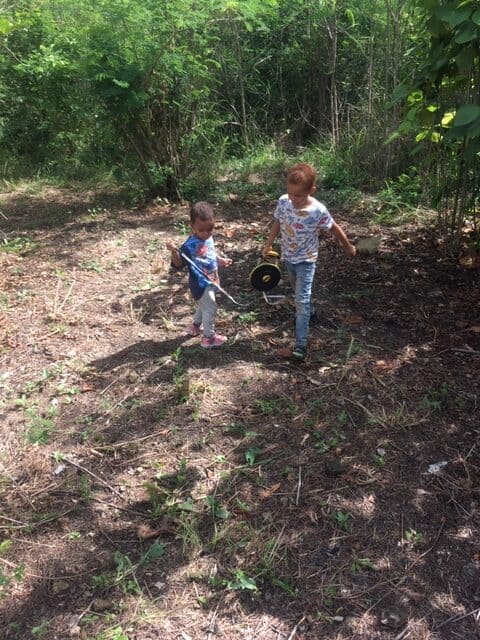
liban and awralla helping the surveyor measuring on the land.
Our aim as parents is to make sure that we support our children to be lifelong learners that do what they love for a living, to be true to their most authentic selves. For this reason we feel that lifeschooling is what works best for us. This means learning is apart for everyday. Learning about life cycle, kindness and compassion through caring for plants and animals. Maths through buying and selling, saving & spending. Reading every night before bed time and reflection by talking through what they have done that day, what they have learnt and at age 5 has he had fun? Drawing and writing as part of designing or decorating. As they grow older their education will be adapted to their age, whether it is tutoring and exploring different subjects they find interesting. We know what routes are available to them to ensure that they take relevant exams in order for them to enter higher education, if they want to go that route, and will ensure that they are done when the kids reach that age. Ultimately our aim is to lay out a path of choices and freedom, so when they are adults they have the necessary tools to go out into the world and carve their path.
Peace and blessings,
Asli
